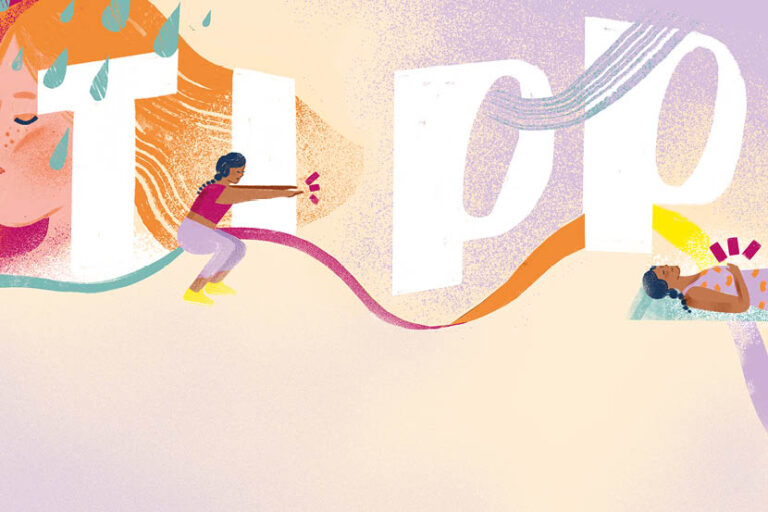
Sometimes life doesn’t go to plan, but it’s important to discover the magic in minor mishaps
When a New Year approaches or has begun many of us will have our sights set on sunny new aspirations and goals for 2020. And while it’s inevitable that life won’t always go to plan, it’s also important to adopt a mindful approach to any mishaps that may come our way.
Crisis mode
Humans are adept at taking an extreme point of view, veering towards black-and-white thinking. Recently, I’ve been linking that to the way potential life crises are viewed: those tsunamis that slam into people’s shores. It occurred to me that some people can’t cope with the possibility of crisis: they either ignore a brewing storm, despite all the warning signs, or dread its approach as it looms on the horizon.
But here’s the thing – life crises do come, although rarely in the form feared. In addition, they’re often more complicated – and more long-winded, or even mundane – than they appear in the imagination. That doesn’t stop the dread.
I know, because I once feared disaster, and then survived a huge crisis myself. Now I’ve emerged on the other side, I’ve gained perspective and realise there’s a response to mediate that fear. The key can be found in the mundane disasters in the real world.
Everyday incidents
Recognising that I cope regularly with small disasters helped me work out that it’s possible to handle larger ones. Everyone has the potential to cope with minor daily challenges: a broken teacup, a missed flight connection, a wash cycle where whites are inadvertently turned pink.
Recently, I’ve been trying to build templates for small disasters, all from the unexpected challenges of the everyday. It’s my belief that the more the brain recognises it has a sequence for coping with minor upsets, the more it will understand that tackling big disasters follows the same logic, albeit with the emotions writ large.
For example, if you break a teacup, you could take a moment to absorb the shock, frustration and disappointment. You could then sweep up the larger pieces, followed by the smaller ones, clear the counter and dispose of the wreckage safely. If it happens to be a favourite cup, you’d pause, and bid it farewell.
If you miss a flight, you might take time to recognise the associated emotion. You’d study your options, make a new decision and carry on. Recognising the best way to cope with a small disaster allowed me to lay the groundwork to avoid catastrophic thinking.
Now, I no longer fear the dark side of the Moon. Perhaps everyone has the potential to live without dread, if they can harness the imperfection of their everyday lives.
Managing a mishap
- Think about a small disaster that happened recently. How did you cope? What did you do? Did you handle it in the most sequential manner?
- Think about how you would like to manage a similar challenge in the future. Remember that even in small disasters it helps to take a moment to absorb the shock of what’s happened, and feel the emotion it generates.
- Recognise that this logical template shows you have the facility to cope with a bigger disaster, if it should arrive.
Words: Stephanie Lam
This article was originally published under the title ‘The magic of minor mishaps’ in Issue 17 – Going with the slow


















